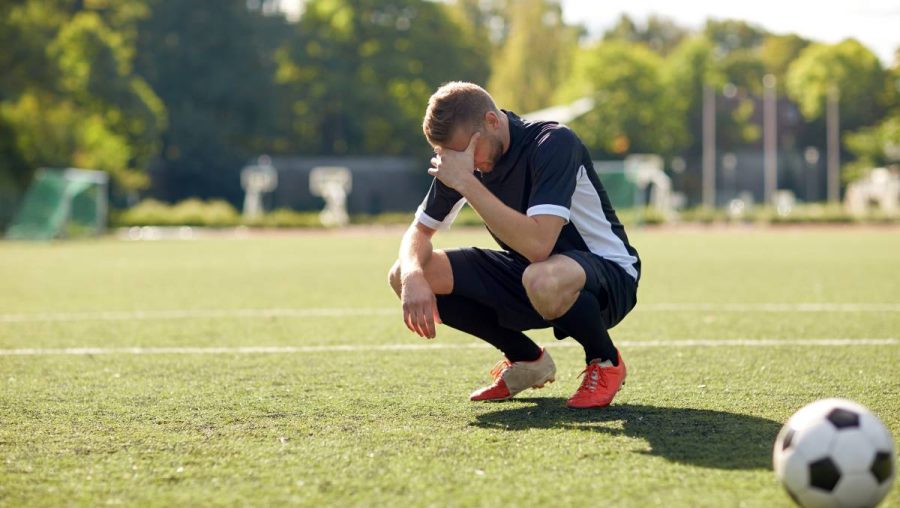Sports and Mental Health: A Complicated Relationship
Mental health can affect nearly every aspect of our lives. When our mental health is good, we can perform at our best. But when our mental health is not at its peak, everything in our life can be more difficult, including our performance in sports. Sports and mental health have a very complicated relationship.
Within the US, close to 45 million kids between the ages of 6 and 18 participate in some form of organized sports. (ncbi.nlm.nih.gov)
In an article from Newportacademy.com, it states that exercise positively impacts levels of serotonin (serotonin is a chemical that helps regulate mental health and stimulates the neurotransmitter norepinephrine which improves your mood).
Teen sports offer multiple benefits for mental health. Encouraging teens to play sports will give them a strong foundation for physical and mental well-being. However, the mental benefits of a sport may not be enough to support everyone.
Up to 35% of athletes suffer from a mental health crisis which may cause things like eating disorders, stress, burnout, anxiety, and depression.
Whether or not sports are good or bad for your mental health all depends on the person and the situation.
About a year ago Naomi Osaka (the world’s second best tennis player) had a press conference at Roland Garros for her huge French Open tournament. Osaka was fined $15,000 by the French Open and warned that she could face removal from the tournament following her decision not to speak with the press during the tournament.
Osaka withdrew from the tournament. She later said she couldn’t go because she had been struggling with anxiety and depression since 2018. This caused huge backlash and a lot of hate toward her.
Athletes and coaches should be required to watch for signs of mental distress, anxiety, depression, feeling of dread associated with the practice, or a dislike for the sport they used to love. I also think coaches need to be able to give their athletes a break. Missing a day of practice could be pretty serious but, is anxiety, depression and self harm more serious?
It is difficult to focus on mental health recovery while also trying to practice and perform every day. If someone sprains an ankle, they take time off from practicing and allow the ankle to recover. If someone experiences a mental health difficulty, it should be treated the same. (denstinstitute.com)
Mental health should not be viewed any differently than a physical injury.
Athletes need to take a break once in a while from their sports to improve their mental health. Obviously, you cannot cure a mental health crisis in a day but sometimes a little break or some extra sleep can make your mental health and your performance improve.

Olivia Quinn is a senior at Weedsport. This is her second year of journalism. Olivia loves writing and learning about new things, and she wants to share...










